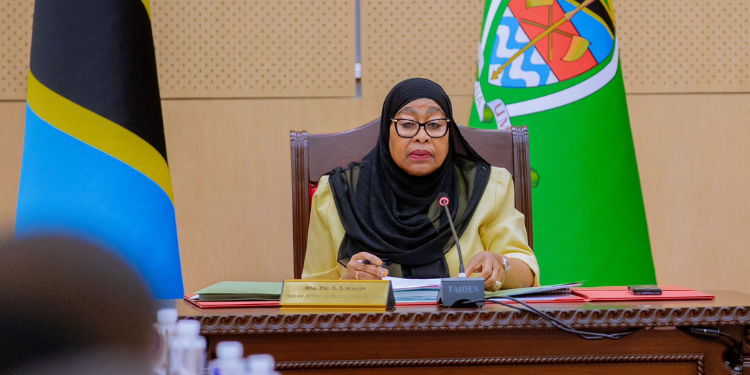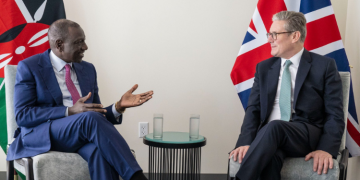Tanzania has announced that all foreign tourists visiting Mainland Tanzania will be required to purchase a mandatory travel insurance policy upon arrival, beginning January 2026.
The new regulation, issued by the Ministry of Finance on July 4, 2025, is part of the government reforms in the country’s 2025/26 financial year agenda.
According to the notice, the measure will apply to all non-citizens, with the exception of visitors from countries that are part of the East African Community (EAC) and the Southern African Development Community (SADC).
Citizens from these regions will continue to be exempt from the requirement.
Also Read: Kenyans to Pay Mandatory Ksh5,600 to Visit Zanzibar Under New Rules
Why Tanzania is Introducing the Policy
The mandatory insurance policy will cost USD 44, which is approximately Ksh5,676 or Tsh115,000, based on current exchange rates.
According to the Ministry of Finance, it will be valid for a stay of up to 92 consecutive days and will apply to tourists regardless of travel purpose, destination within the mainland, or age category.
Additionally, the insurance package will provide coverage for situations that commonly affect international travelers.
These include emergency medical treatment, medical evacuation, and repatriation of remains in the event of death.
Extra protection will be provided for accidents, rescue services, and compensation for lost or delayed baggage, ensuring that travelers are covered for both medical and logistical emergencies.
Also Read: Tanzania and Uganda Among 36 Countries Facing Possible US Travel Ban: Here’s Why
When will the Rule Take Effect?
Although the policy is officially part of the current financial year’s legal and regulatory reforms under the revised Insurance Act, the government has decided to delay implementation until January 2026.
The timeline has been set to allow for consultations with tourism industry stakeholders, including travel agents, airlines, insurance providers, and hospitality businesses.
Also, the government aims to finalize operational frameworks, including digital platforms for processing and verifying insurance coverage at entry points.
The rule is expected to benefit both tourists and the government by ensuring immediate access to care in case of emergencies, without relying on state-funded services.
Follow our WhatsApp Channel and X Account for real-time news updates.


![Kipruto Arap Kirwa'S Recalls His Interactions With Raila Odinga In Kibaki'S Funeral [Video] Kirwa Has Defended Mwangaza Saying He Can Vote For Her.](https://thekenyatimescdn-ese7d3e7ghdnbfa9.z01.azurefd.net/prodimages/uploads/2023/10/Former-UDA-Vice-Chairman-Kipruto-Arap-Kirwa.jpg)









































































